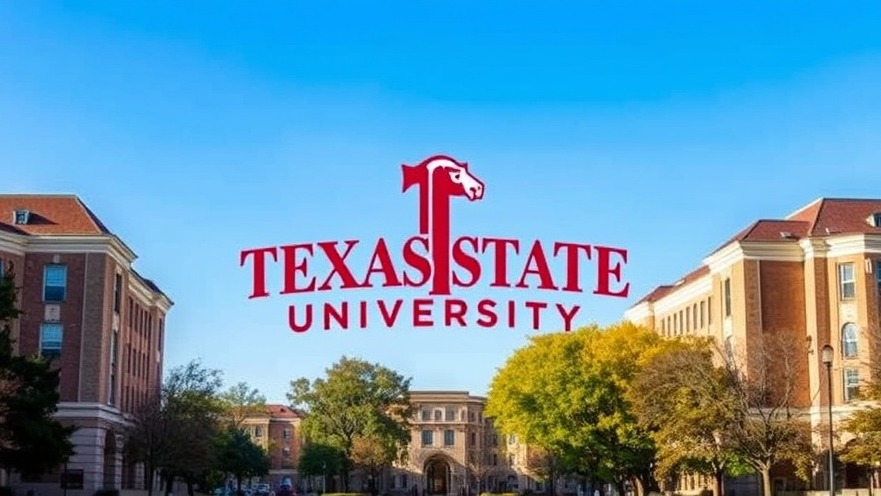
The Incident That Sparked Outrage and Action
The recent firing of a Texas State University professor has triggered extensive debate about academic freedom, political discourse, and public safety. The incident stems from a video purportedly created by the professor, in which he appears to call for violence against Texas state lawmakers. This explicit call has raised serious concerns regarding the boundaries of free speech and the responsibility of educators to promote constructive dialogue rather than incite violence.
Context in the Texas Political Climate
To understand this situation in its entirety, one must consider the current political climate in Texas. With the lead-up to the 2025 elections, Texas is witnessing heightened tensions around various issues, including gun control, immigration policy, and public safety. The state's legislature is becoming an increasingly polarized environment, and incidents like this one add fuel to the fire. Observers note that teachers and professors often find themselves at the intersection of education and contentious political discussions, making it crucial to navigate this landscape with care.
A Broader Discussion on Academic Speech
The firing has reignited national conversations regarding what constitutes acceptable academic discourse. Should professors be held accountable for their expressions, even if they are protected under free speech? Some argue that encouraging critical thought is part of an educator's role, while others believe that crossing the line into incitement undermines the very foundation of educational institutions. Many academics are now reflecting on how they present ideas and the potential consequences of their statements.
Response from the Texas State Community
The fallout from the professor's firing has not gone unnoticed within the university community. Some students and faculty members have expressed concern over what they perceive as a chilling effect on free speech and academic inquiry. They worry that a precedent is being set that could inhibit young minds from engaging in open discussions about sensitive topics. Others contend that the university had no choice but to act decisively to protect its reputation and ensure the safety of its community.
Comparative Perspectives on Free Speech
Globally, different cultures engage with the concept of free speech in various ways. Countries like Germany have stringent laws against hate speech, which contrast sharply with the broader interpretations seen in the United States. This incident at Texas State prompts questions about how far freedoms can and should be exercised, particularly when they intersect with public safety concerns.
Future Predictions: What Lies Ahead?
The implications of this case may ripple through Texas academia and beyond, influencing how institutions shape policies concerning faculty conduct and political discourse. Experts predict a growing movement within universities to establish clearer guidelines on the limits of free speech, especially in the context of social media. This incident could lead to new frameworks for discussing contentious political issues in higher education.
How to Engage with Current Events
As the political landscape continues to shift in Texas, staying informed and engaged with current events is more important than ever. Understanding the implications of highly publicized incidents like this one can empower citizens to participate thoughtfully in community dialogues, ensuring their voices are heard without inciting fear or violence. It is critical to recognize the value of civil discourse in maintaining a healthy, democratic society.
Conclusion: The Call for Responsible Dialogue
The situation surrounding the fired Texas State professor highlights the fine line that educators tread between free speech and incitement. As this story continues to develop, it is essential for individuals within the Texas community—and beyond—to consider how they engage politically and academically. Promoting responsible dialogue can foster a culture where diverse opinions coexist peacefully, paving the way for a more constructive discourse in the future.
 Add Element
Add Element  Add Row
Add Row 



Write A Comment